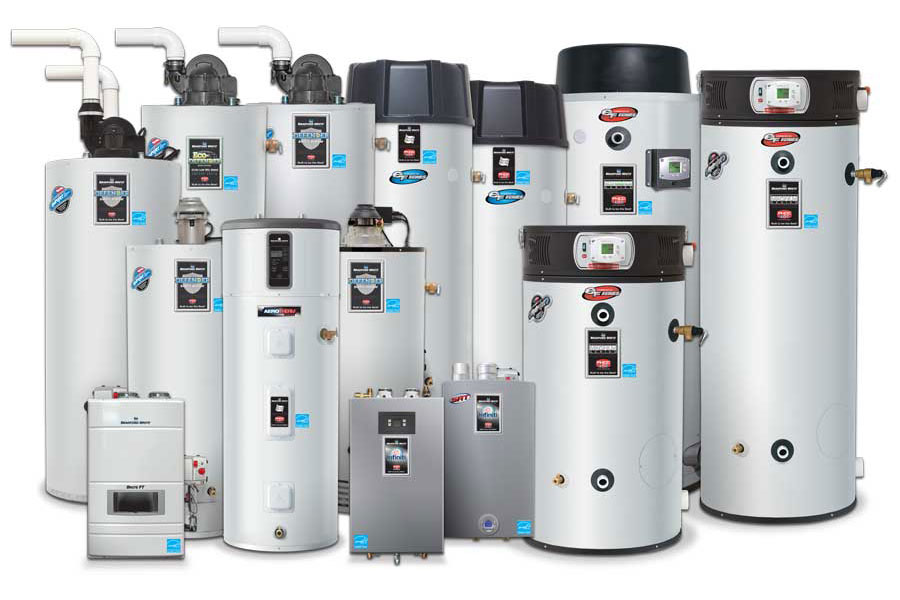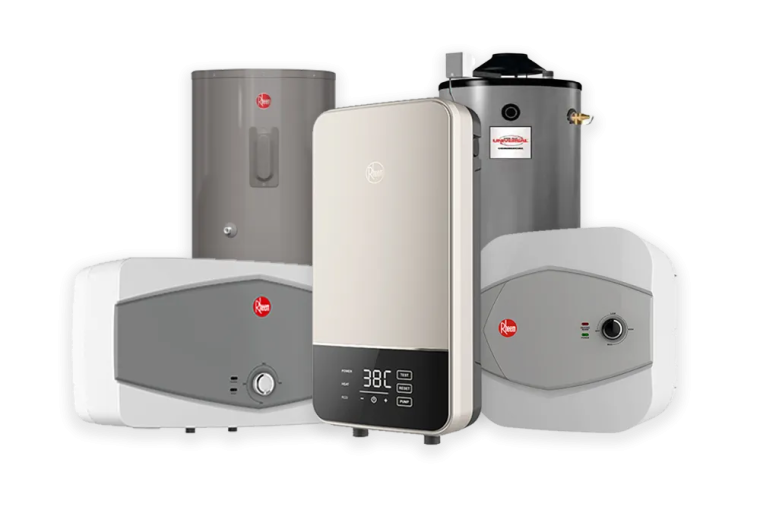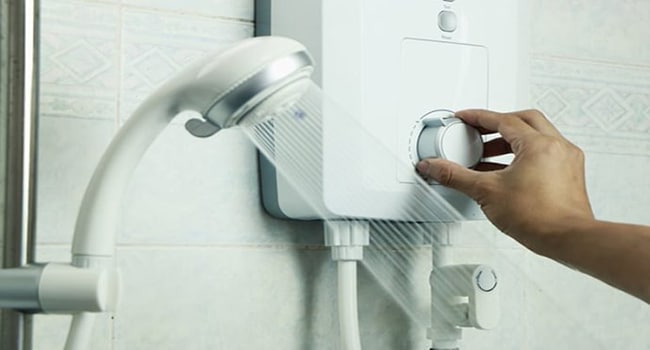In the short vs tall water heater debate, you must know that both types include a tank used for saving hot water for later use. However, their size leads them to supply different amounts of water to people using them. We can tell you what you can expect from a short water heater or a tall water heater; however, the final decision will always depend on your particular needs because it isn’t about which one of the two is better, but rather which one fits your home better.
Short Vs Tall Water Heater— which one is right for me?
Electric, solar, natural gas or propane gas are the various types of fuels that lead to different heating systems in water heaters. However, fuel isn’t the only consideration, the space in your house, and how much hot water you need in a day also contribute to the deciding factors that you may weigh before choosing the right model for your home.
-
The height difference:
Tank water heaters ranging from 30 inches to 49 inches can be categorized as short whereas these appliances can be called tall if they are between 50 to 76 inches. This height difference separates lowboys (short water heaters) from tall boys (tall water heaters). You may get a maximum of 50 gallons of tank capacity in short water heaters and up to 100 gallons of capacity in tall water heaters.
-
Let’s talk about space:
Now that you know the height of short and tall water heaters, the next thing you need to care about is the available space in your house. Short water heaters can fit in low-ceiling basements with ease, so a lowboy could be a good option, given your home doesn’t have enough space height-wise.
On the contrary, a tall water heater could be best if your home allows its accommodation without any issues. Remember that the plumbing pipes will also require ample space. Meanwhile, if you opt for a gas system, you’d need to spare another 18 inches from the ground to lift it as per the National Fuel Gas Code.
-
Family size:
Family size can easily help you estimate how much water you’d be using in a day. More members translate to more usage and ultimately lead to a requirement for a larger unit. Meanwhile, getting a short water heater would be ideal for small families. In case you have a big family but space is an issue, you can discuss it with a professional who can help you explore options best suited for your situation.
-
Recovery time:
If you go for a tall water heater after the hot water depletes the recovery time would be slow; however a gas-fired water heater might be faster in reheating the water compared to the electric one.
On the other hand, a short water heater would recover quicker due to its small size. But, getting endless supplies from multiple faucets simultaneously would not be possible.
-
Fuel:
Not only gas heats up water faster but is cheaper than electricity. If you decide to opt for an electric tall heater, know that there can be a drastic raise in your energy bills. So, a gas heater might be suitable though with a higher energy rating, a tall water heater would cost you quite some money in the bills regardless of its fuel anyway.
A lowboy is evidently more energy-efficient regardless of its fuel. But, depending on the fuel costs per your area, you could choose the one which would be more cost-effective.
-
Unit price and installation
There’s not much difference between the unit prices of both types of water heaters. However, installation costs may vary dramatically given what size you choose and how much additional work would be required for it to get fully installed. The costs can range anywhere from $500 to $3000.
Final Thoughts:
As we mentioned before, you can estimate how much hot water you may need per day and decide to get the water heater accordingly. Of course, the factors like space and budget matter as well. Hopefully, this article can help you weigh down the pros and cons of short and tall water heaters and make a wise decision.



